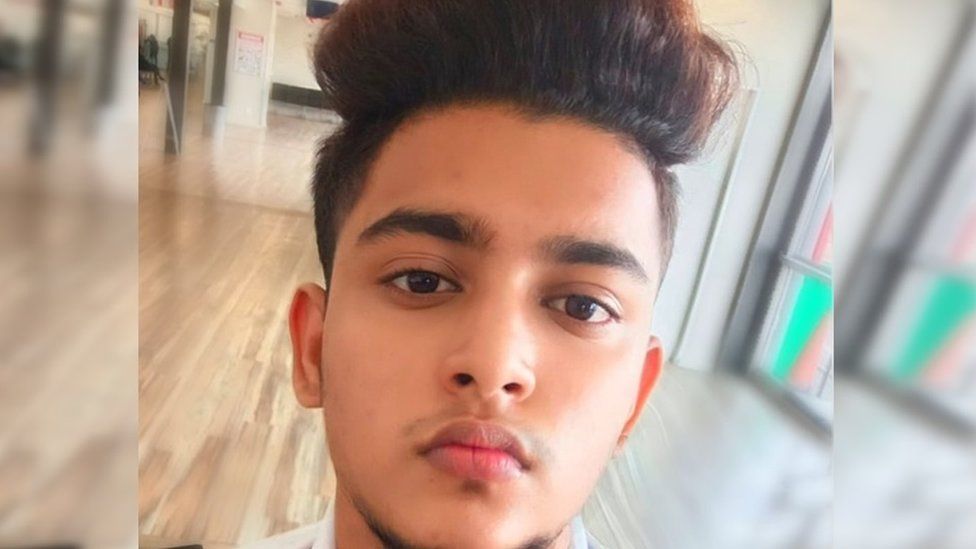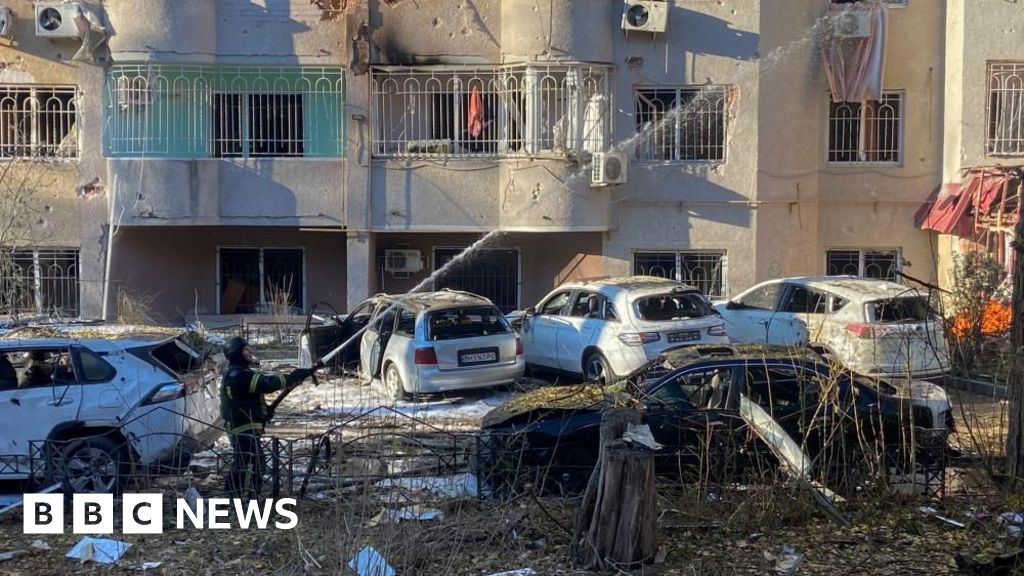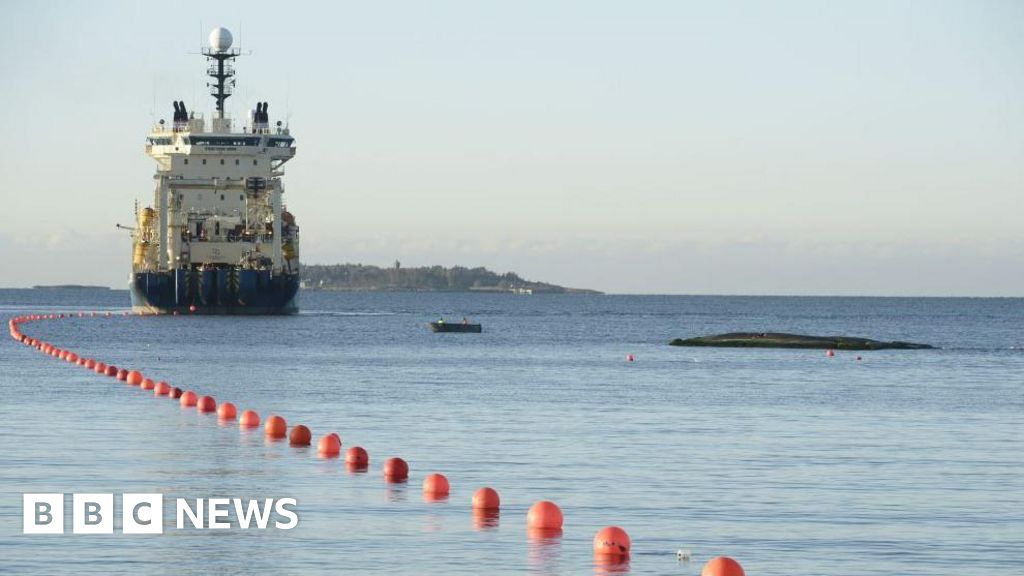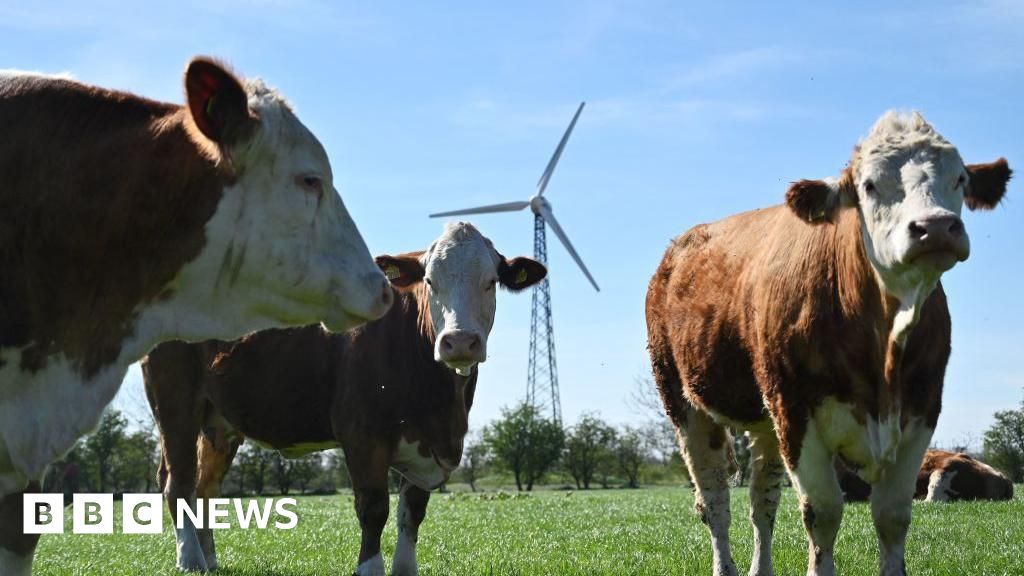ARTICLE AD BOX
By Imran Qureshi
BBC Hindi
 Image source, Adam Harry
Image source, Adam Harry
Adam Harry had dreamed of becoming a pilot since he was a child
Adam Harry was 11 years old when he took his first flight.
He loved the experience so much that he decided to become a pilot when he grew up.
His family, in the southern Indian state of Kerala, were supportive - his parents took out a loan to send him to a flying school in South Africa.
But halfway through his course, they stopped funding him after he came out as transgender.
"They were not ready to accept me as who I am," says Mr Harry, now 23.
India is estimated to have around two million transgender people, though activists say the number is higher. In 2014, India's Supreme Court ruled that they have the same rights as people of other genders.
However, they still struggle to access education, healthcare and jobs. Many of them are also forced to leave their families due to the stigma and prejudice associated with the community.
Image source, Getty Images
Image caption,Transgender people face a lot of prejudice in India
After his family backed out, Mr Harry managed to get a private pilot licence - which would allow him to fly planes as a hobby - but couldn't complete the course.
He continued his efforts after he returned home, even getting funding from the Kerala state government to complete his studies and get a commercial pilot licence from a local academy.
But again, he hit a roadblock. Indian regulators, he alleged, declared him "unfit to fly" in 2020 after a medical examination because he was on hormone therapy medication - which suppresses female secondary sex characteristics - for gender transitioning.
The reason, according to the medical assessment report issued by the Institute of Aerospace Medicine, was that as long as a person took the medicines, they would suffer from gender dysphoria.
Gender dysphoria refers to the unease caused by a perceived mismatch between biological sex and gender identity. Experts say it could cause depression and anxiety.
Mr Harry says he was told that he would be able to ask for a review only after he stopped taking the medicines. He says he followed the instructions for a couple of months before his endocrinologist told him he would have to continue taking the medicines his entire life.
"It was like choosing between my career and gender identity," Mr Harry says.
Image source, Adam Harry
Image caption,Mr Harry alleges he was asked to stop hormone therapy to get a pilot licence
The Directorate General of Civil Aviation (DGCA), India's civil aviation regulator, has not responded to the BBC's questions yet. But it had denied many of Mr Harry's allegations in a statement, adding that their evaluation was done "in line with the world's best practices".
"There are many pilots around the world, flying airplanes in their identity. I have a Class-2 medical [clearance] from South Africa Civil Aviation Authority and they did not restrict me from taking hormones or undergoing physical transition,'' Mr Harry says.
After Mr Harry's story was reported in the local and national press, the federal ministry of social justice and empowerment wrote a letter to the DGCA, calling its actions "discriminatory" and a violation of the rights of transgender people.
Now, the DGCA has asked Mr Harry to re-apply for the medical test "as a trans man'' - after legally changing his name and registering as a transgender person.
He has also been asked to be prepared for additional evaluations and tests, including a hormone test. The regulator says it will also ask the endocrinologist and psychologist treating Mr Harry to weigh in.
India doesn't have a separate policy yet for transgender pilots. If Mr Harry passes his course and receives a commercial licence, he will be the first in the country.
The DGCA has said that Mr Harry's evaluation will be done according to the US Federal Aviation Administration's guidelines for certifying transgender pilots.
Mr Harry does odd jobs to make ends meet
While he waits for his dream to be realised, Mr Harry is making ends meet by doing odd jobs - he hosts programmes on local TV channels, speaks on gender sensitisation to college students and sometimes works for food delivery apps.
He says the public battle he is waging has received support from old friends and teachers, some of whom would mock him at school.
But his family still hasn't communicated with him.
"I don't blame them because our society isn't accepting enough when it comes to gender and sexuality. They had faced a lot of bullying from relatives. So they were under pressure to stop me from transitioning," he says.
"I do miss them, but I have a large family now in the transgender community."
You may be interested in:
"There are no jobs for men and women like us"

 2 years ago
19
2 years ago
19








 English (US)
English (US)